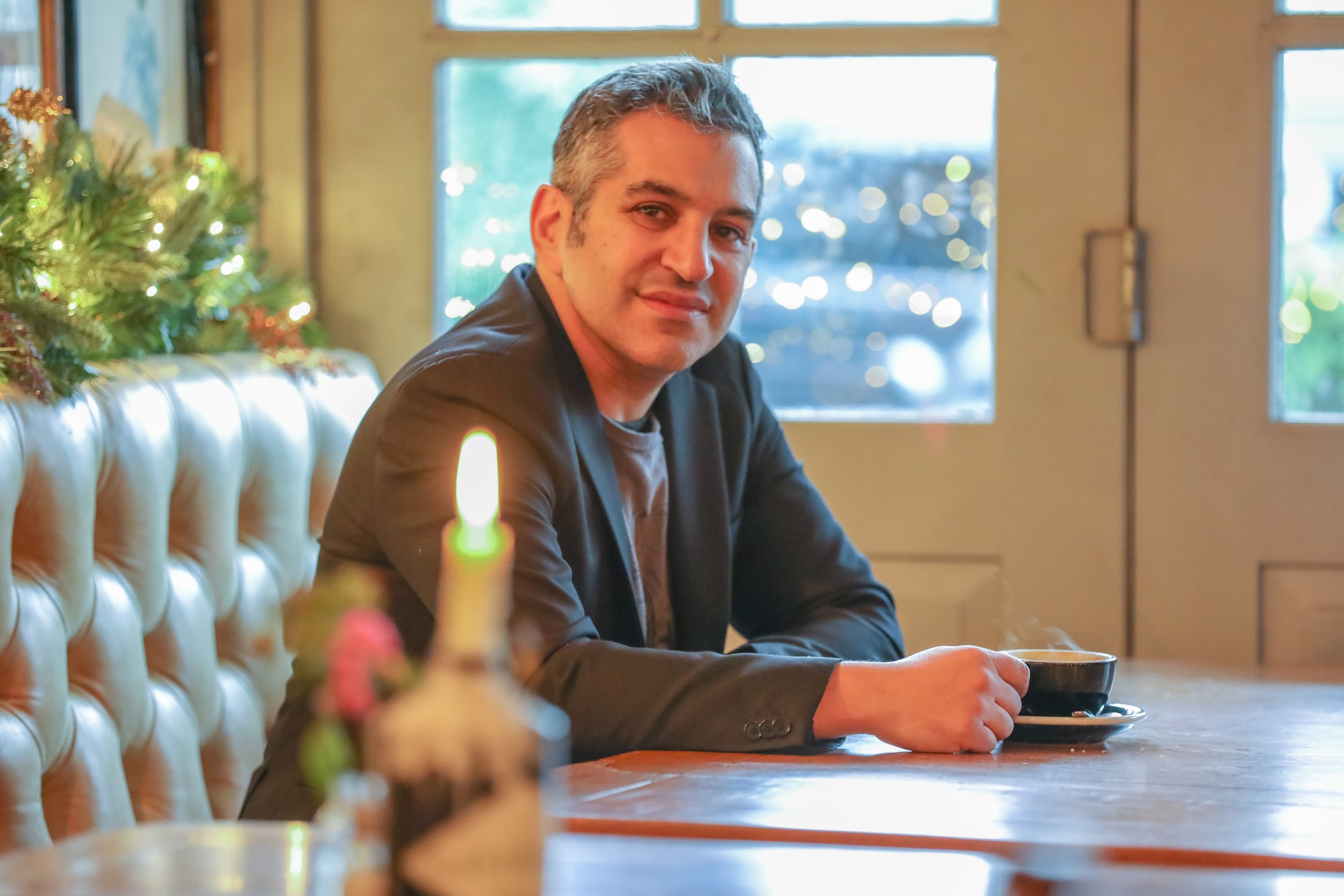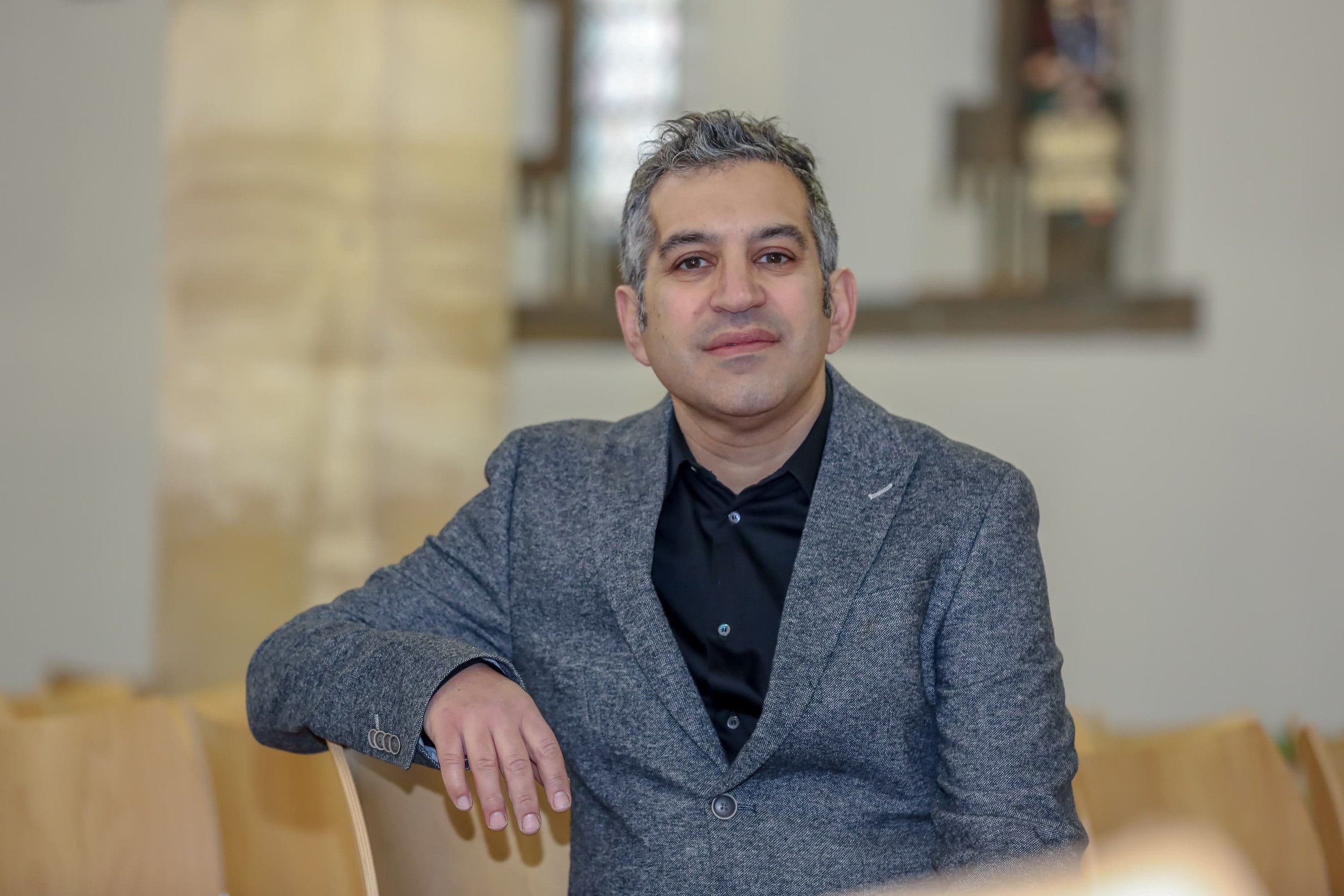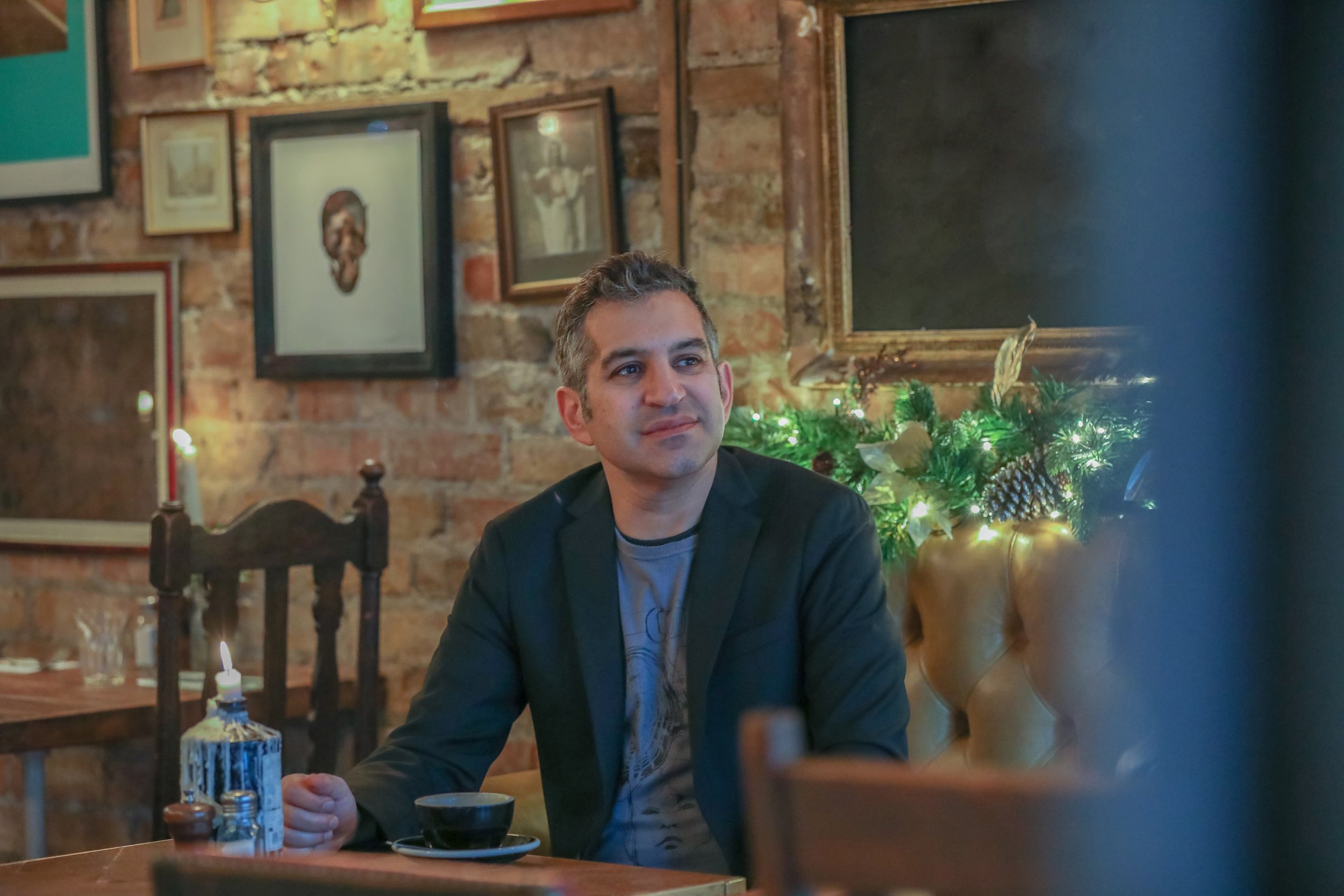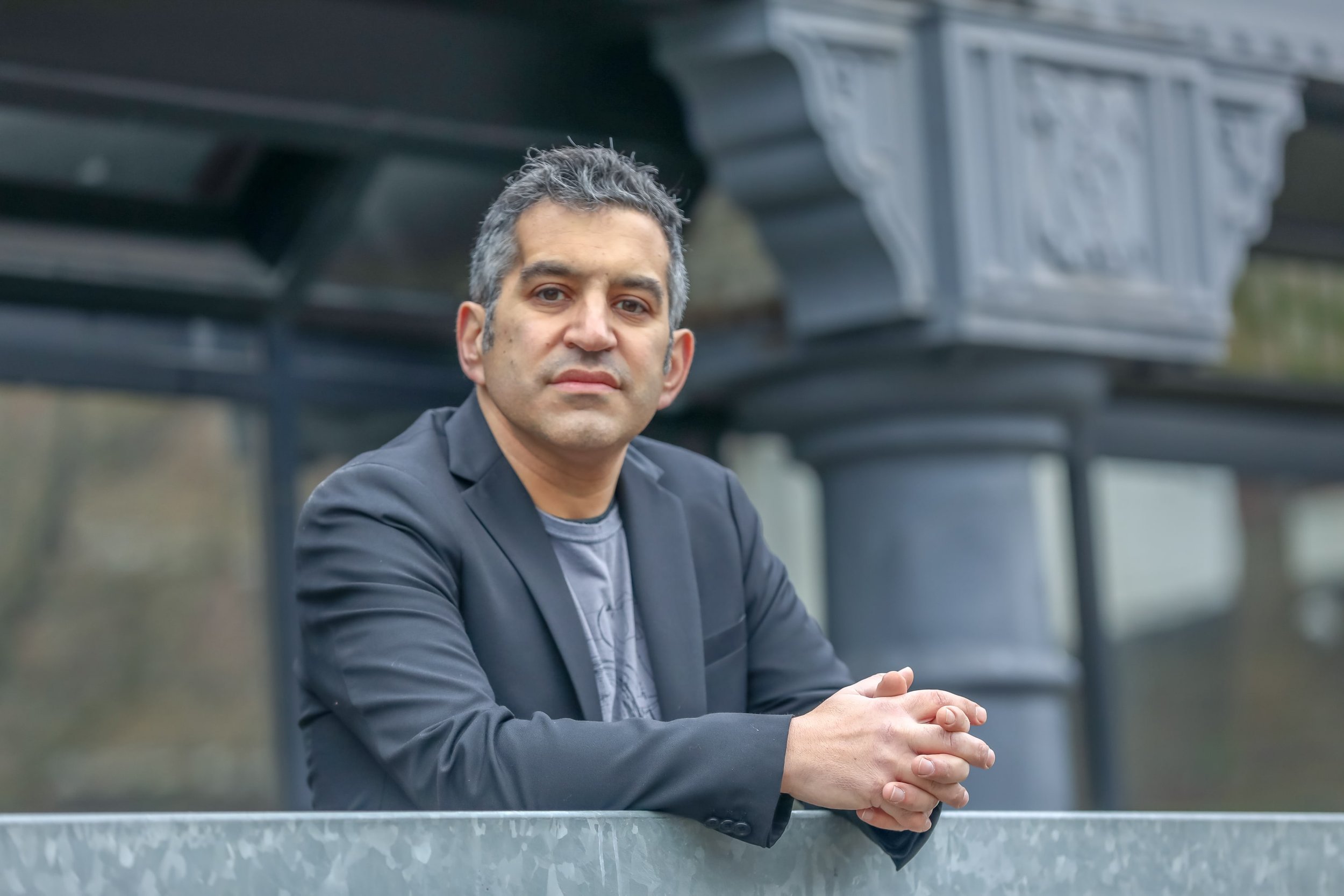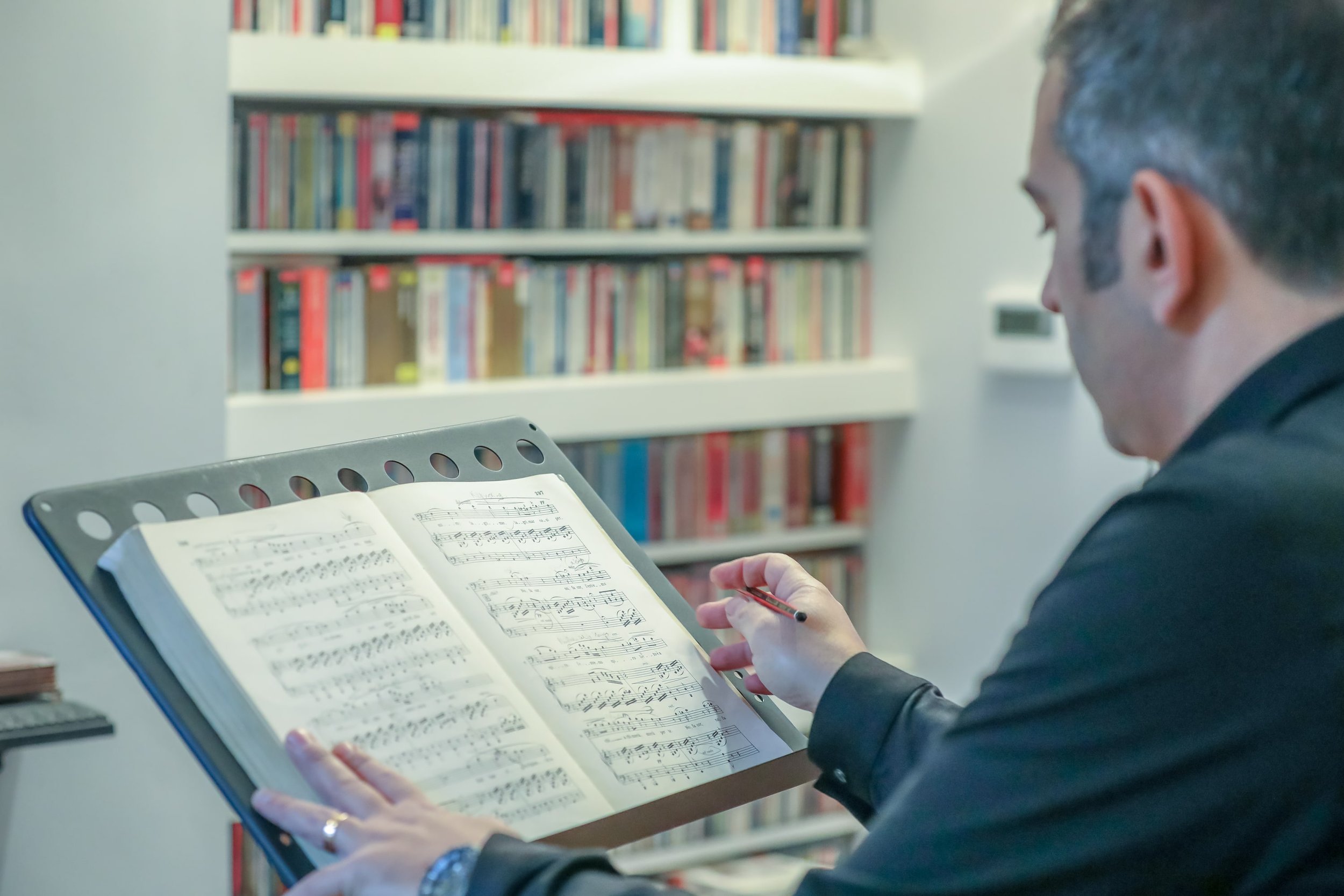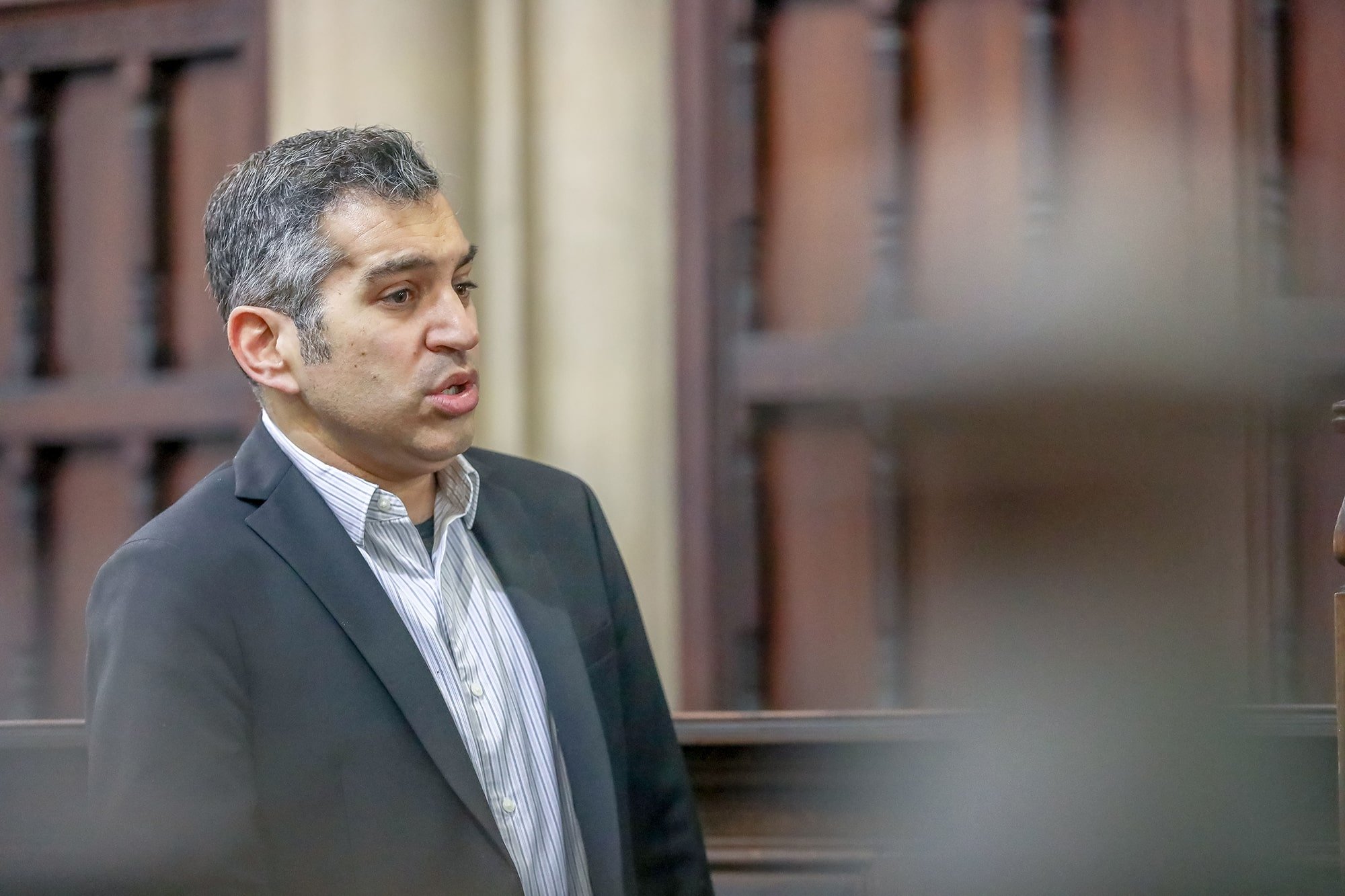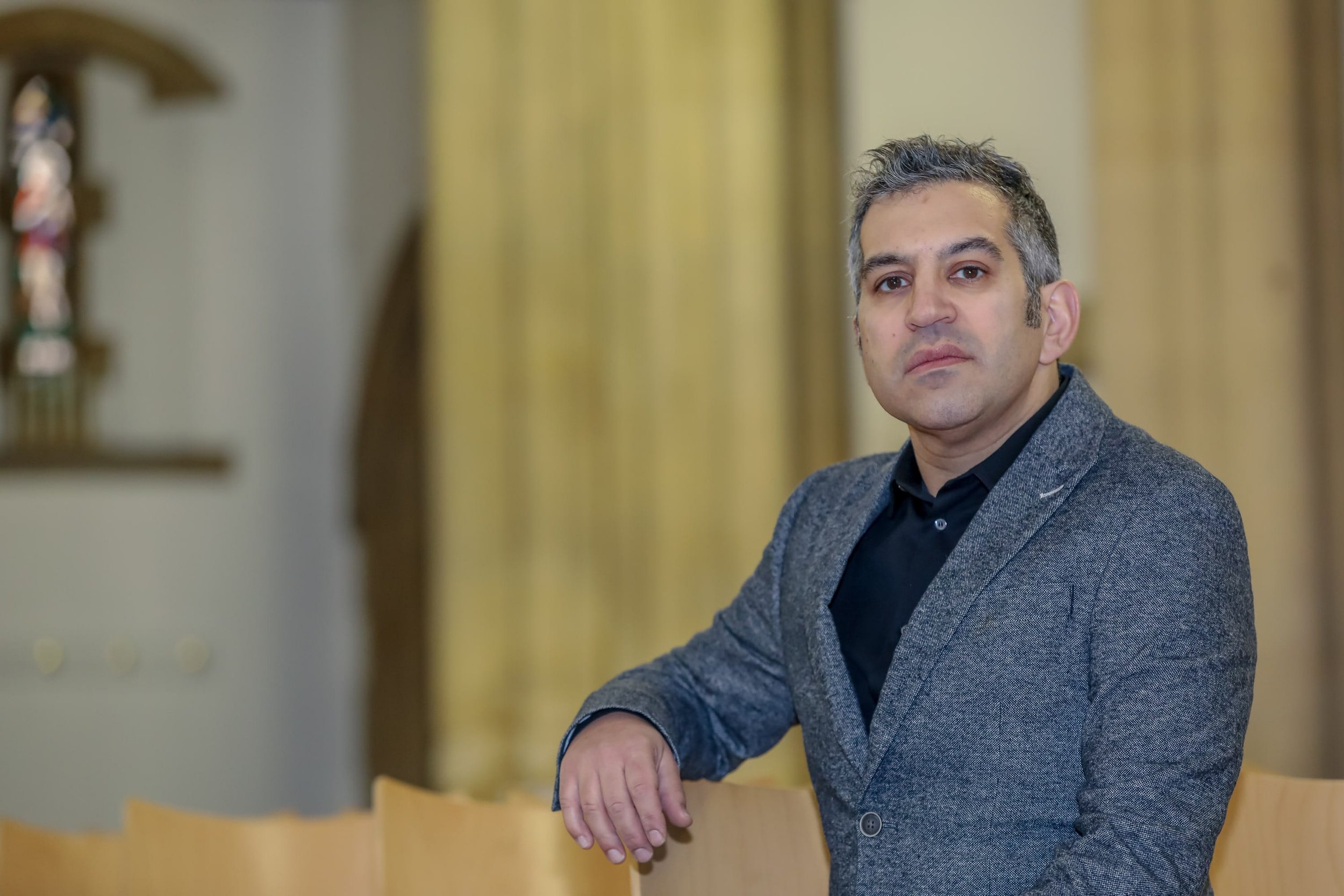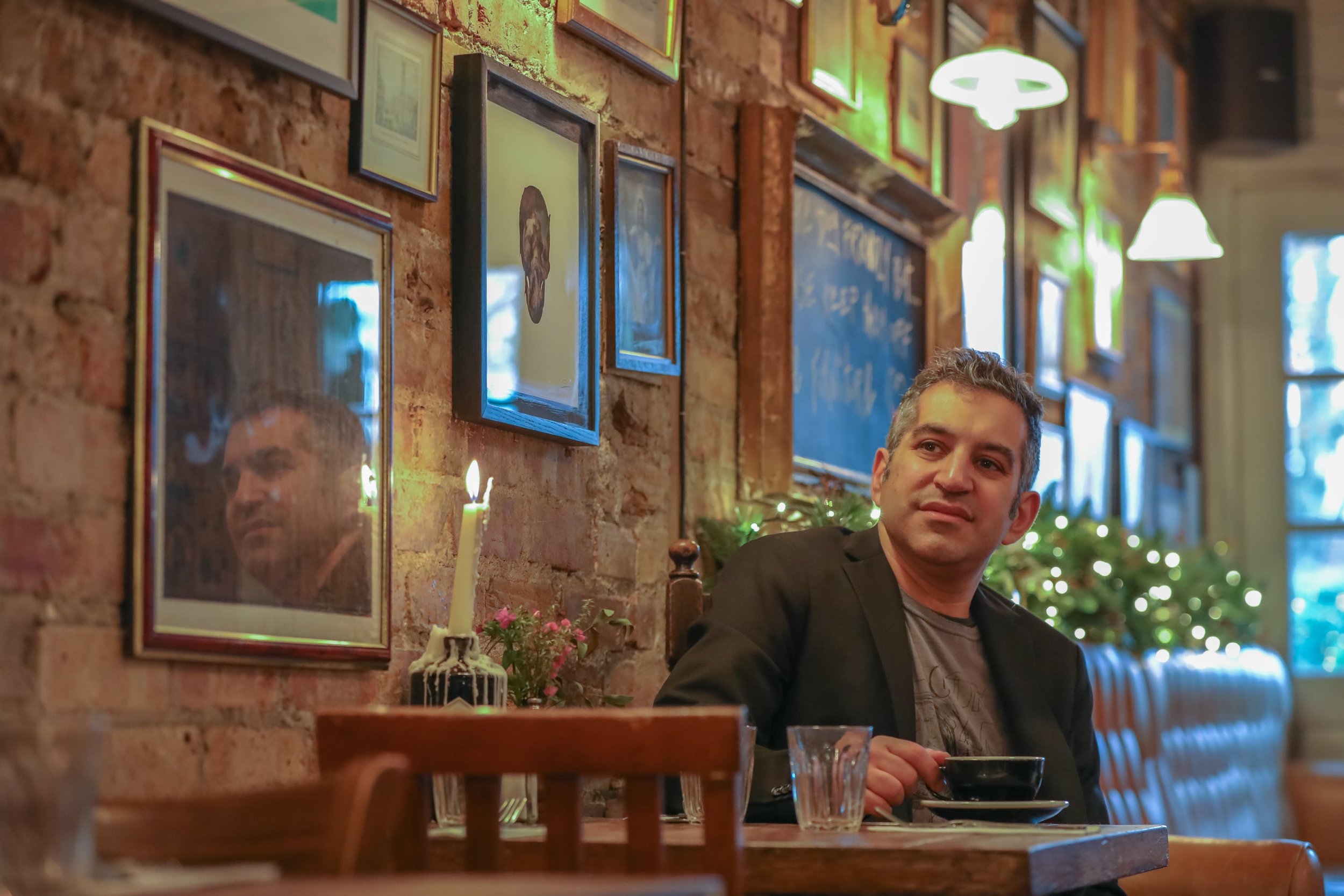“…the most memorable of all was the brillant Leandros Taliotis, thoroughly prepared both vocally and scenically”
Leandros Taliotis is an international operatic baritone and singing teacher. He has performed extensively in Europe and beyond in opera, oratorio and recital. His warm, lyrical voice with ringing top notes, highly trained musicianship, stagecraft and Mediterranean looks make him a versatile artist whose performances have earned him critical acclaim.
After reading Music as a choral scholar at Cambridge University, Leandros honed his craft studying at the Royal College of Music and Flanders Opera Studio before performing all over the world - from Deutsche Oper am Rhein in Germany to the Queen Elizabeth Hall and Barbican in London.
Leandros Taliotis is a dynamic and enthusiastic singing teacher with twenty-five years’ experience.
